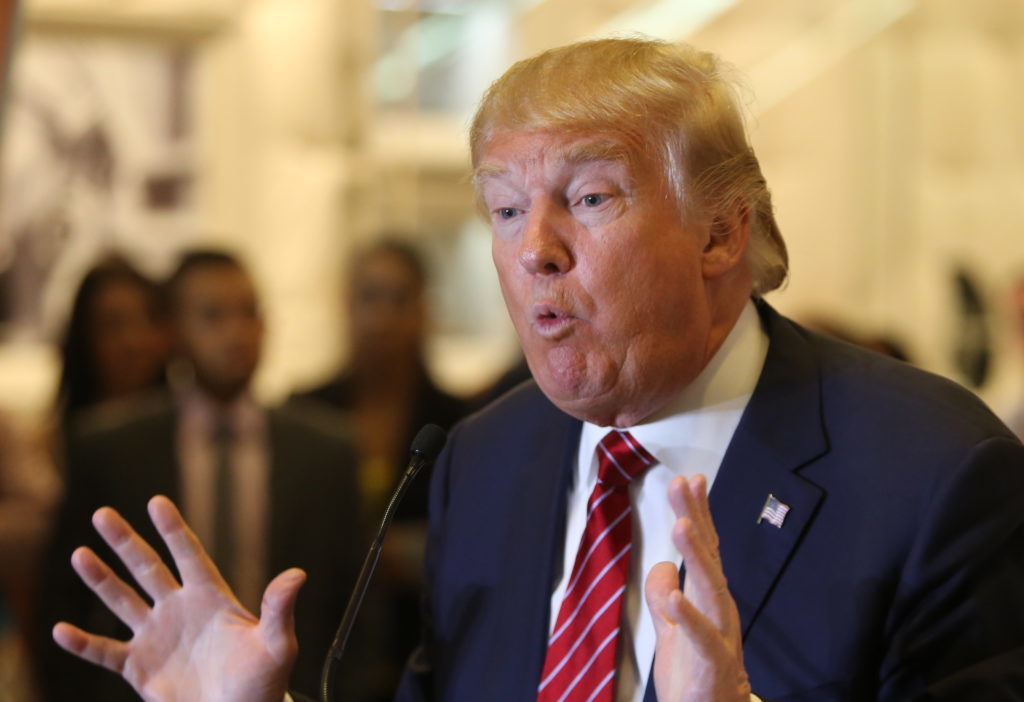Former CIA Director rips Donald Trump to pieces

When it comes to politics, particularly in an election year, there’s no shortage of hyperbole. All too often, supporters on either side of the aisle panic about the possible re-election of an incumbent governor or president and what it may mean for American politics. This is true for pundits as well who hope to escalate tensions in an already close race for the sake of ratings, sometimes gauging the reactions of the most extreme supporters. Gen. Michael Hayden, however, is no pundit.
A four-star retired general of the U.S. Air Force who served on the National Security Council of Presidents Clinton and George W. Bush, and subsequently as director of the CIA under Presidents Bush and Obama, Hayden did not take kindly to Donald Trump’s latest Twitter attack on CNN. The attack in which Trump accused CNN of being a purveyor of fake news that lies to the rest of the world was hardly anything new, but perhaps that may be a big part of the problem – that we’re gradually becoming numb to Trump’s blatant displays of authoritarian behavior.
“If this is who we are or who we are becoming, I have wasted 40 years of my life,” Hayden tweeted back, referring to his long and decorated career under presidents belonging to both major parties. “Until now it was not possible for me to conceive of an American President capable of such an outrageous assault on truth, a free press or the first amendment.” It’s one thing for a rival politician to say this, or a pundit to point it out, but something else entirely for someone who’s spent their entire lives working in defense in the name of American ideals. He’s also far from being the first one – it’s part of a growing trend.
Trump may go on to lose in November, but that may not be enough if we are to survive the considerable damage he’s done in the last four years to our institutions. Voting is simply not enough – we must vocally oppose everything he and his party stands for and fight them every step of the way, however we can.
James Sullivan is the assistant editor of Brain World Magazine and an advocate of science-based policy making
